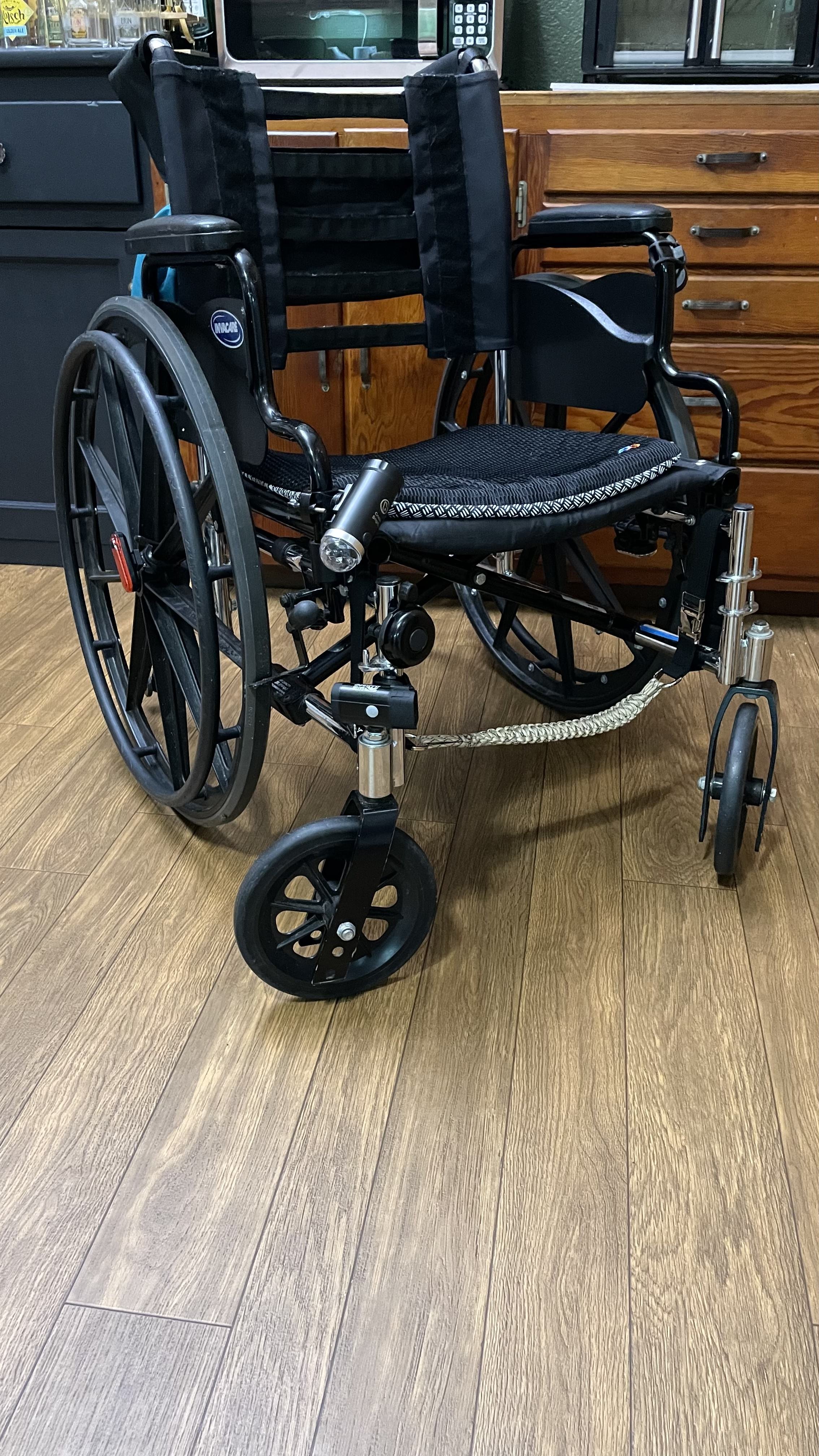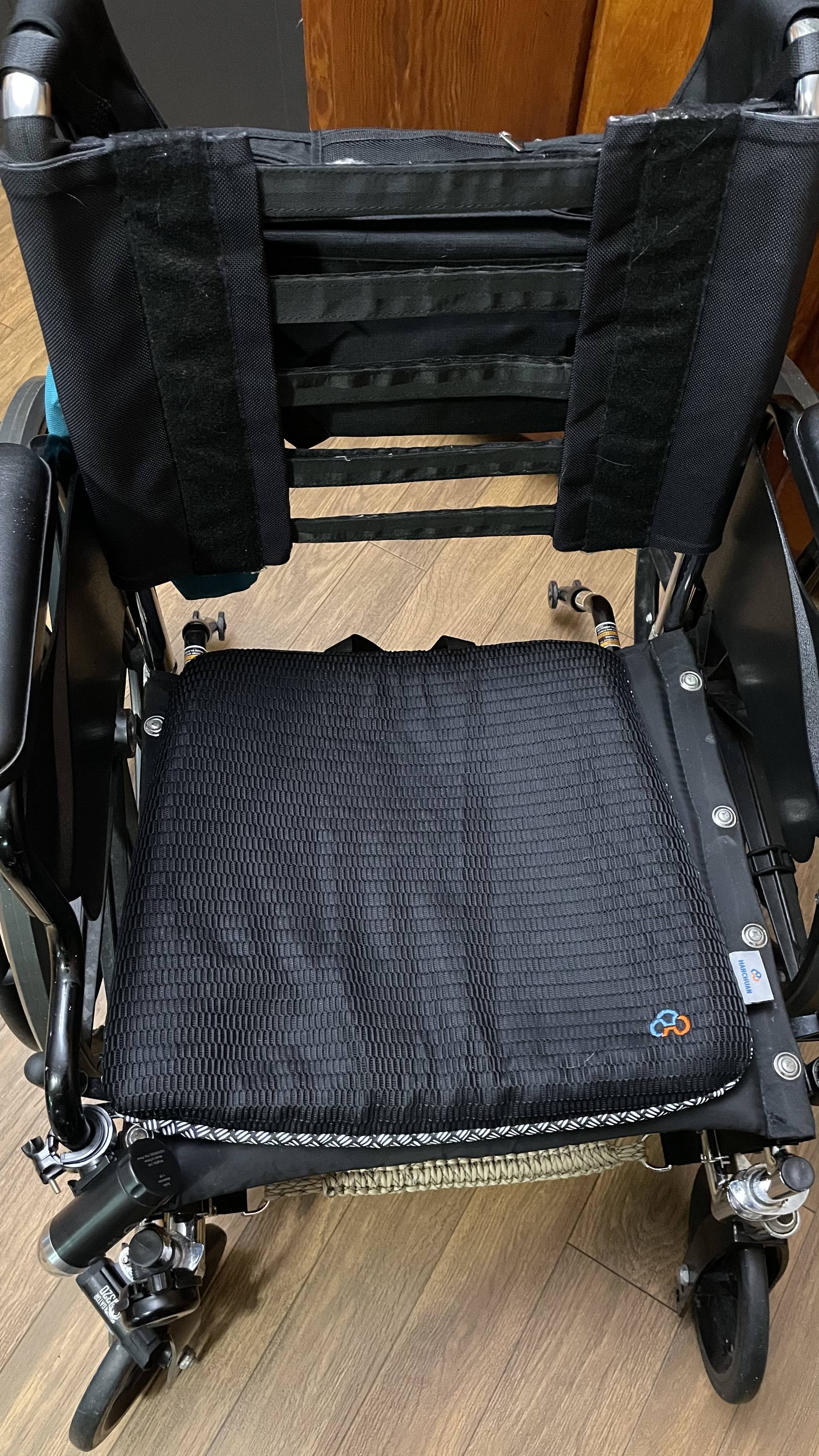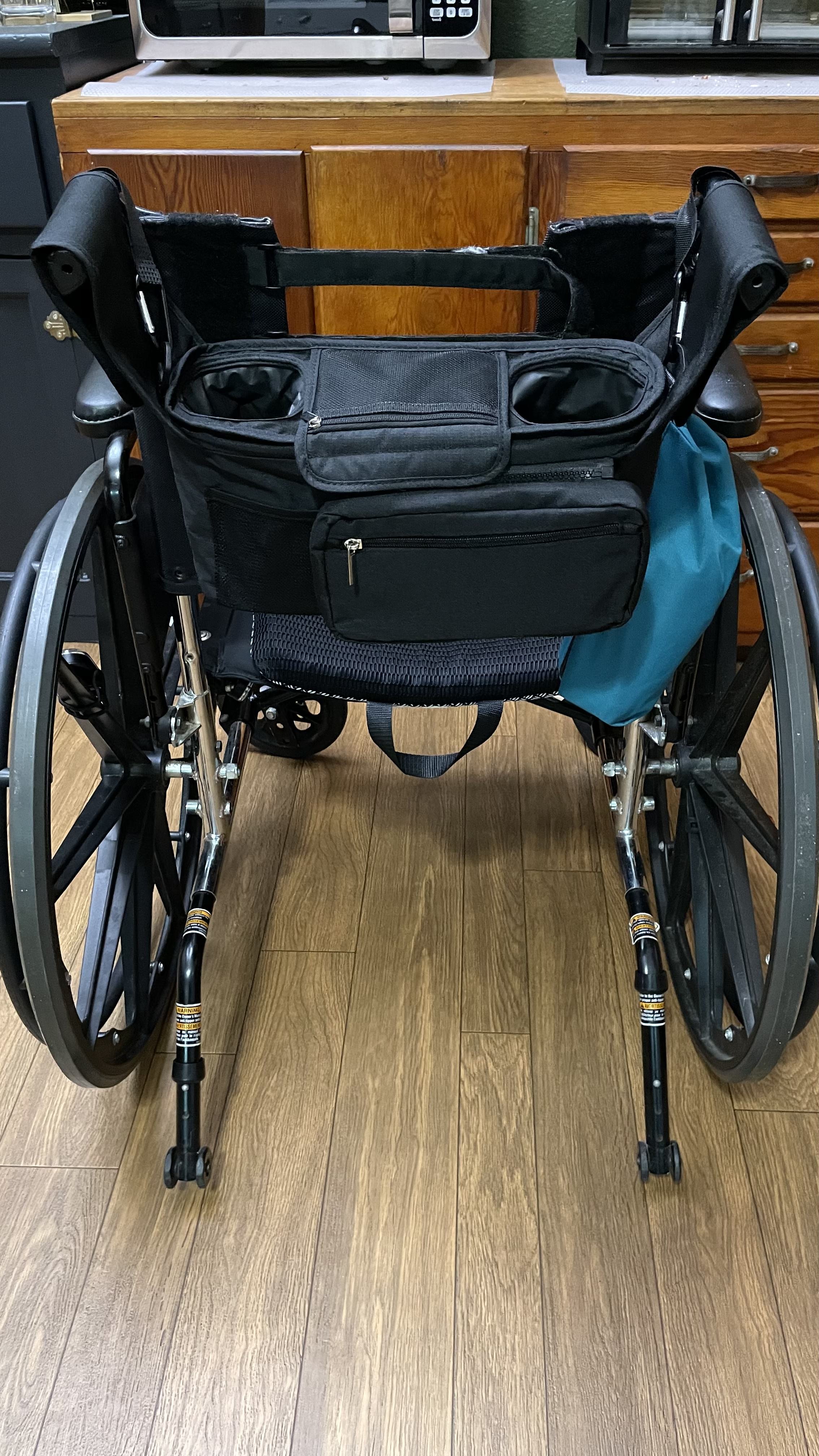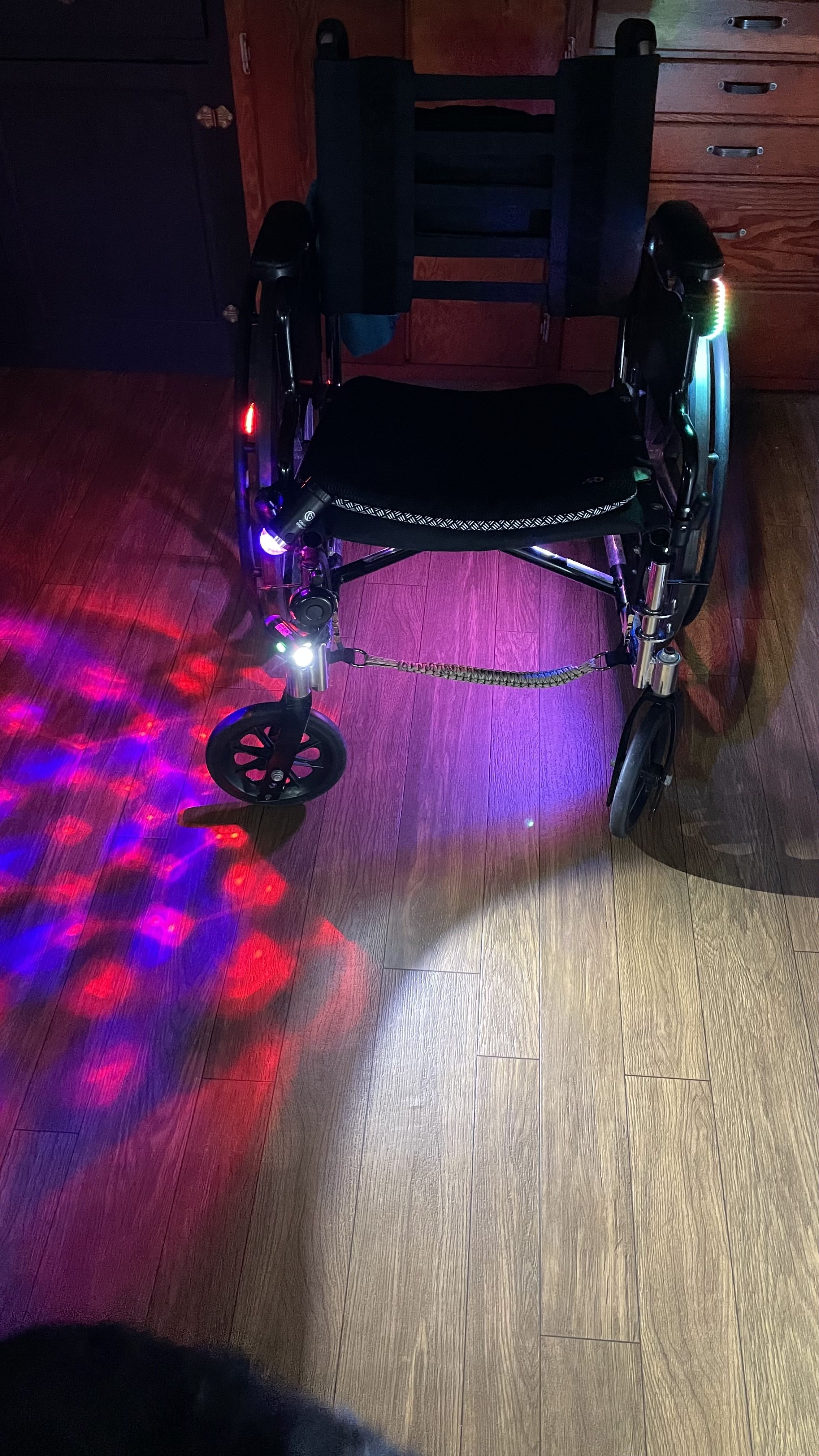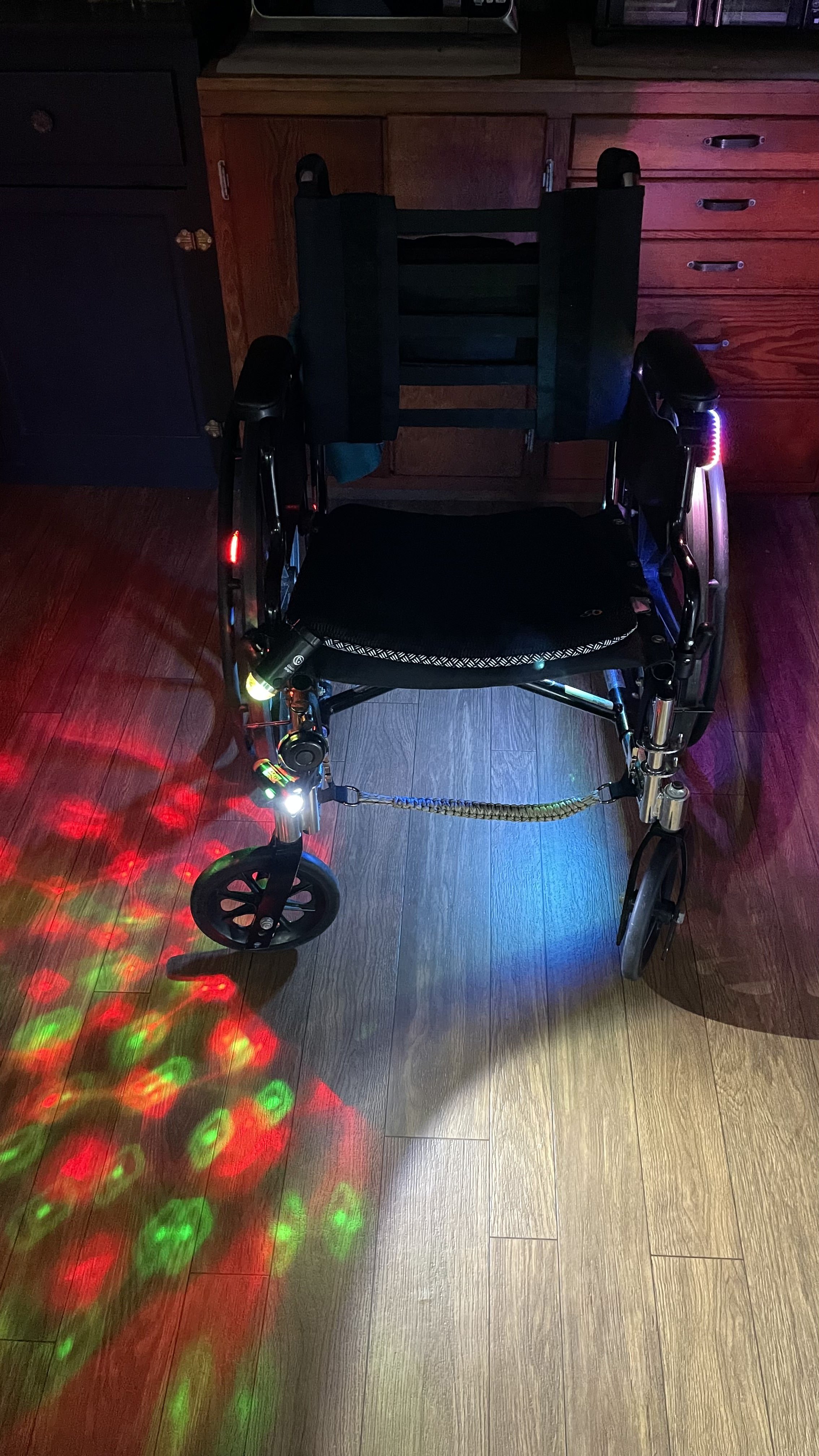The Beginning of the Wheelchair Series
Let’s jump right into it! I decided it was finally time to investigate mobility aids. How did I decide it was time? Good question! I want to be able to spend time doing things I would struggle to do without one. Examples: going to concerts, festivals, summertime outdoor activities. Extra bonus reasons: not having to use the scooters / wheelchairs available at stores on my flare up days. They all feel so big to me since they’re a “one size fits most” type of mobility aid.
Types of Mobility Aids I thought about (for POTS/EDS):
Walker/Rollator
Cane
Forearm Crutches
Manual Wheelchair
Manual Wheelchair with power assist
Power Wheelchair
Mobility Scooter
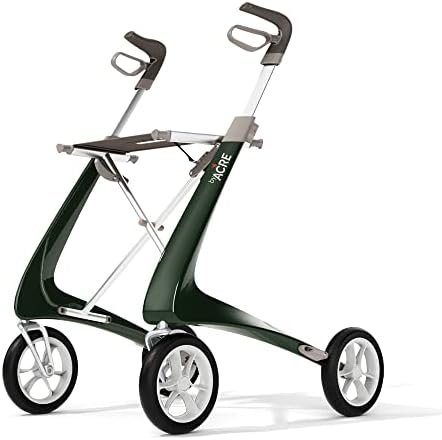

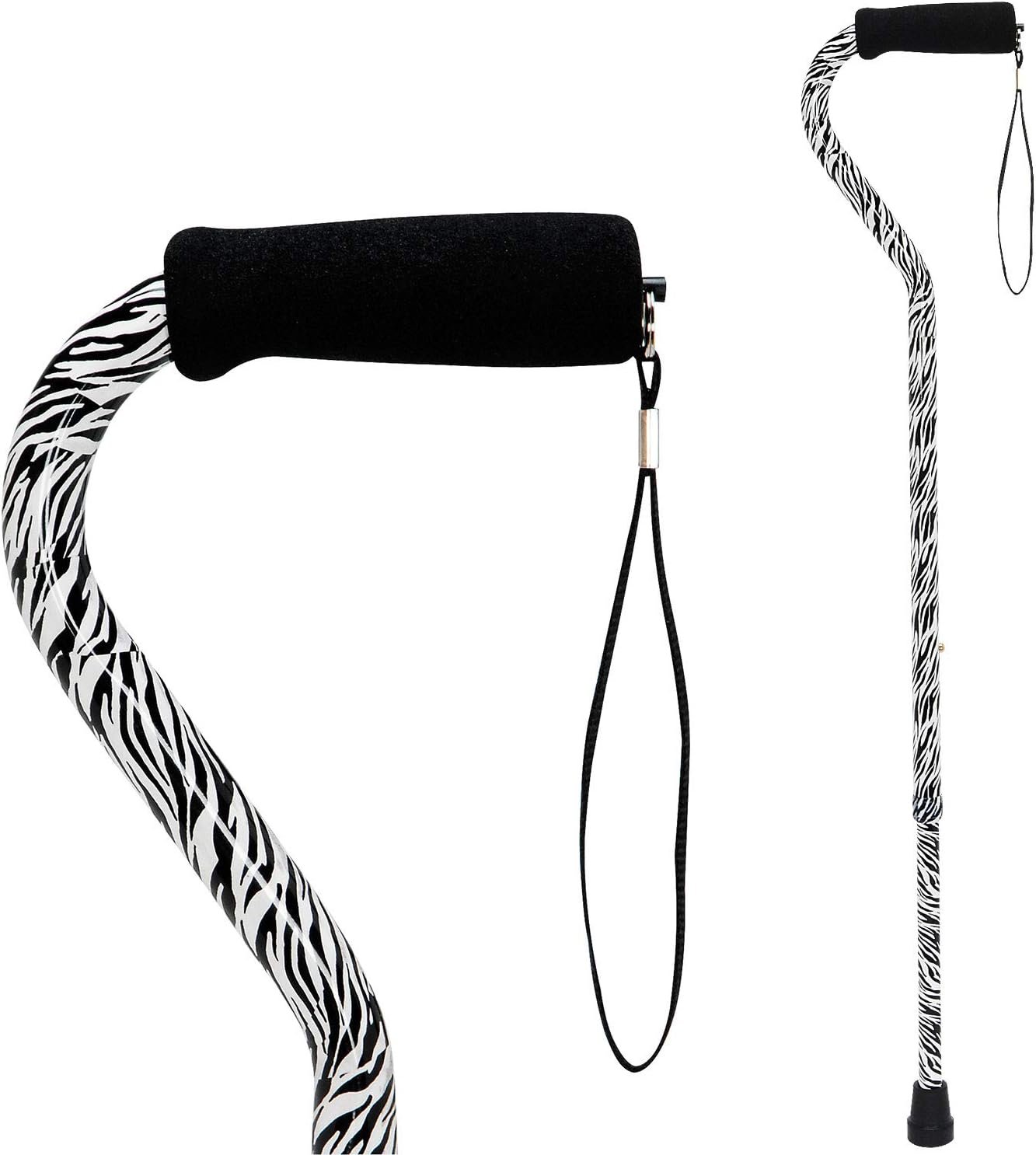

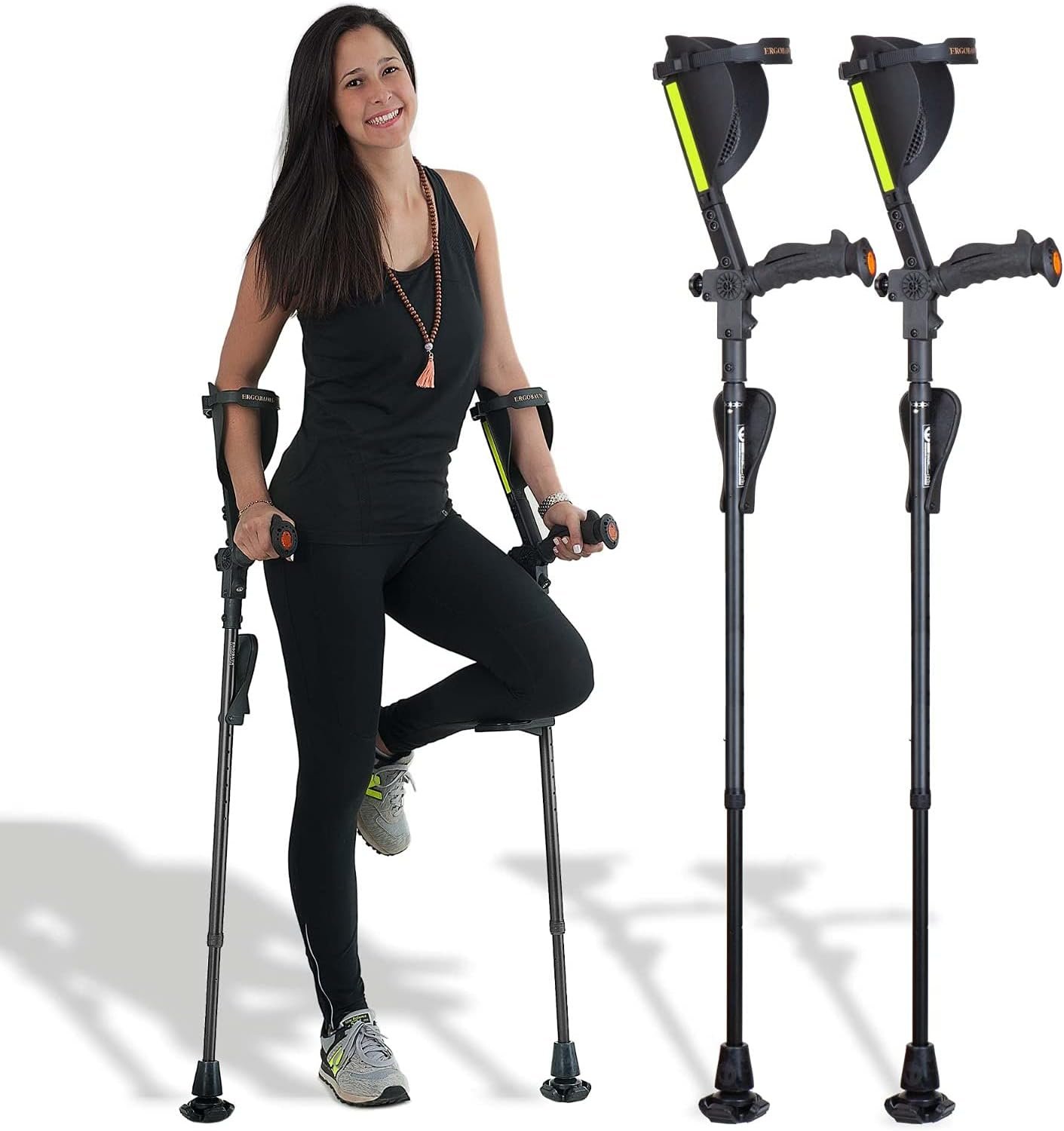
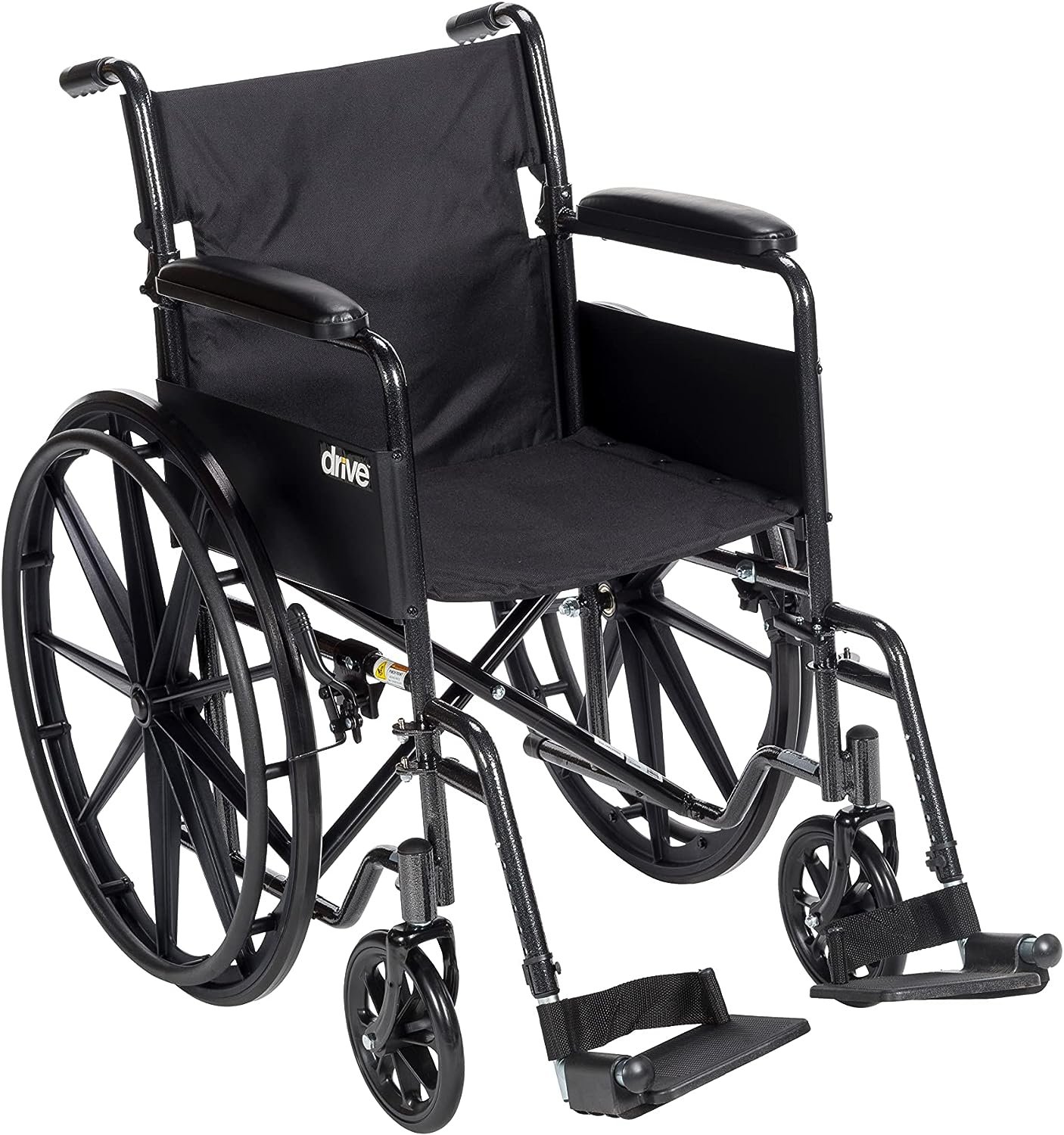
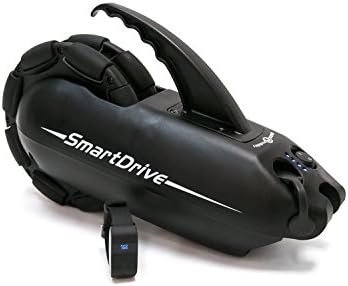
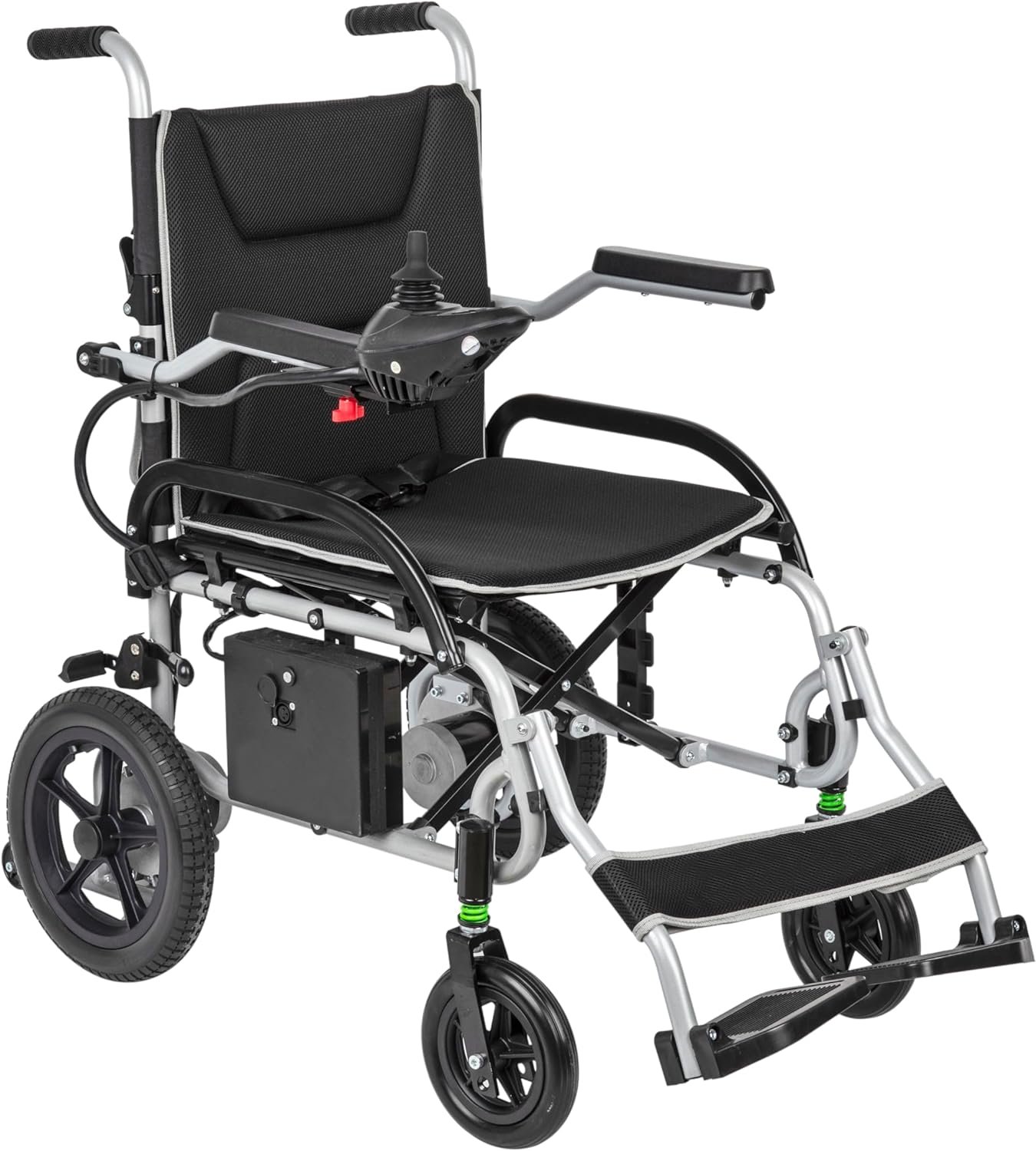
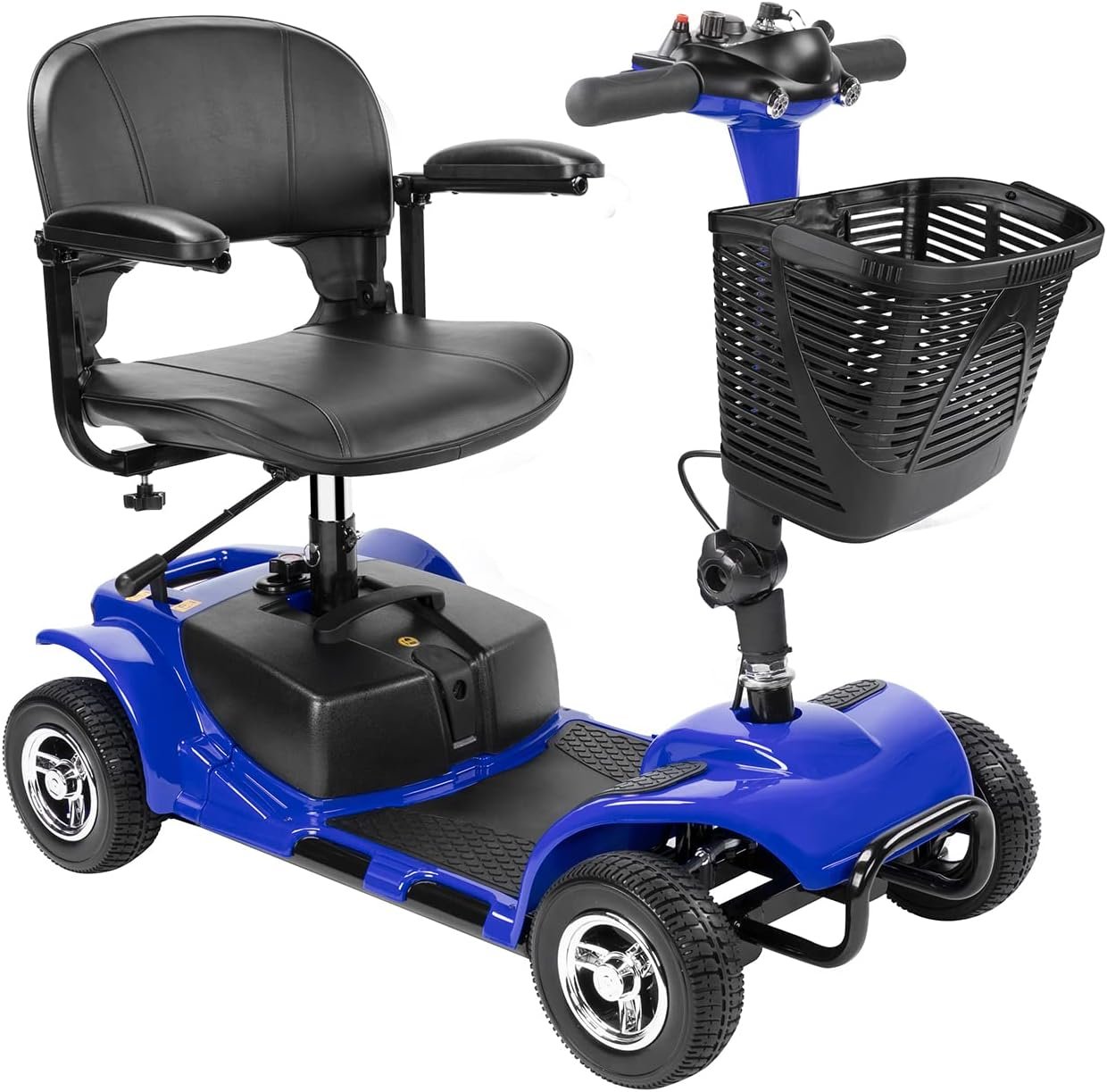
Out of the running (for me):
Walker, Rollator, Cane, Crutches – I deal with chronic wrist pain from a combination of EDS and accidents. I wouldn’t want to add to that. I have gotten into two car accidents while driving stick shift…and kept my right hand on the shifter – it hit the dash both times and hyper-flexed.
Power wheelchair, Mobility Scooter – I want to maintain being active and my wife has kindly offered to push when it’s needed. We also do not have a vehicle big enough to haul a power wheelchair/mobility scooter. Power wheelchairs weigh between 50 to 250 lbs. And mobility scooters weigh between 35 to 300 lbs.
My Winning Options:
That leaves us with Manual Wheelchair and Manual Wheelchair with Power Assist.
My temporary fix: I have a manual wheelchair that I inherited from my grandmother’s passing last year. It had been collecting dust in my dad’s garage…and then sat collecting dust in our garage. I wasn’t ready. I wasn’t ready to admit that it would be so incredibly helpful. I wasn’t ready to be seen in a wheelchair. I didn’t like how medical it looked, it wasn’t fitted to me, the footrests were too far apart and stuck out too far, the arm rests and back rest are not in the right place for me to comfortably push myself. (Picture below of the chair in the style that I received)
How did I update it to make it work for me? Well, it was cheaper than buying a brand-new chair.
Footrest – took off the original ones
Updated with paracord foot sling. (Amazon Link Here - $15.99)
Seat – No padding was on there
Updated with purple gel cushion (Amazon Link Here - $29.99)
Storage – Original storage bag was very small and not functional
Updated with cupholder with storage. (Amazon Link Here - $16.99)
Appearance was too medical –
Added fun glowing lights (arm rest, under seat, wheel) (Amazon Link Here - $18.96)
Disco light (Amazon Link Here - $15.65)
Push rims in rough shape –
I bought gloves to wear (Amazon Link Here - $19.95)
To help navigate crowds and reduce being bumped into –
Added bicycle light to front arm of chair, red light to one wheel, and bicycle bell to front arm of chair (Amazon Link Here for all 3 in bundle - $19.95)

Solutions I’m Currently Researching:
Solid footrest – I’m hoping to find one that is just a bar. Maybe I can make one out of some black PVC pipes?
Backrest – it’ll need a cover of some kind. My grandma always had a blanket with/on her, so the backrest wasn’t an issue. This will be an issue for me in the hot summer months.
Preventing Damage – For this chair and any future chair – some sort of trunk lip cover. Researching this currently to find the best solution. My grandma’s chair has gouges and scuffs in the push rims (making the surface rough on your hands) from loading and unloading it into vehicles. Leaning towards this option.
Hanging backpack or shopping bags - We’ll need a good option for hanging bags but keeping them away from my wheels. Leaning towards this option.
Wheelchair brakes are difficult to engage - I would like longer handles on my brakes. Leaning towards this option.
What is my ideal solution?
Custom (fitted to me) light weight manual wheelchair so I can push myself.
Why?
My current borrowed chair - the back and armrests are too high for me to push myself for a long distance (my shoulder blade hits the back of the chair and my arms hit the armrests). The wheels are also the style that are intended for indoors - solid rubber not like the bike tires you see on most chairs for outdoors.
Average weight is 15 to 35 lbs. (Easy to get in and out of both of our vehicles)
I’m hoping for some sort of power-assist.
Why?
So I can always push myself for longer distances, even during flares.
Preferably the NaviOne wheels – they look AMAZING! But WOWZA are they expensive! (Price Sheet Here)
Does that mean I’ll be a wheelchair user 100% of the time? No. I will be an ambulatory wheelchair user. Meaning, some days I’ll need it and other days I’m able to walk. It really depends on a number of things:
EDS Related:
What’s my pain level?
How long will we be walking?
POTS Related:
How hot is it outside?
How humid is it outside?
Will we be standing in long lines or standing still for a long period of time?
In my next post, I’ll talk about how the journey for a custom wheelchair is coming along so far. Stay tuned!




